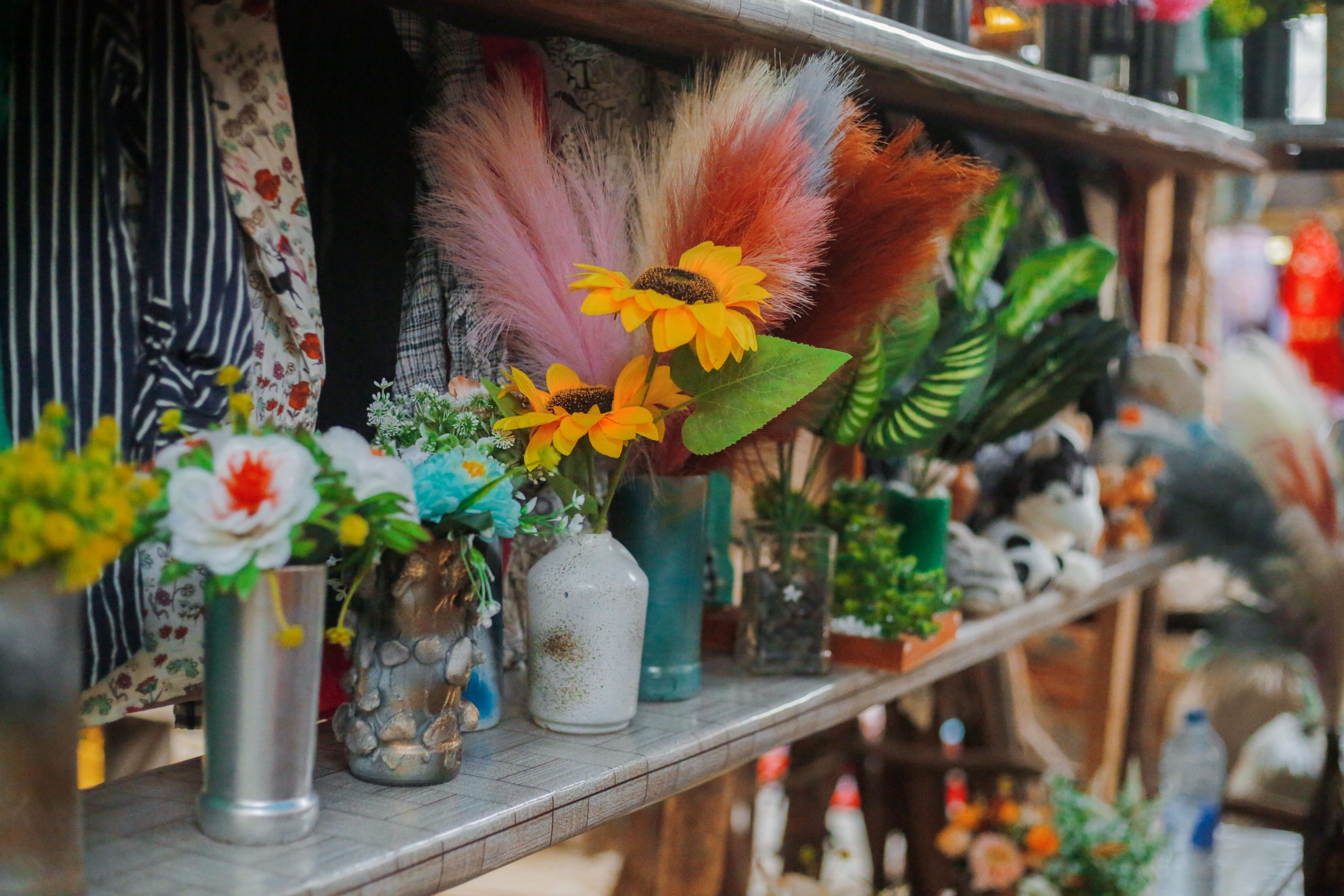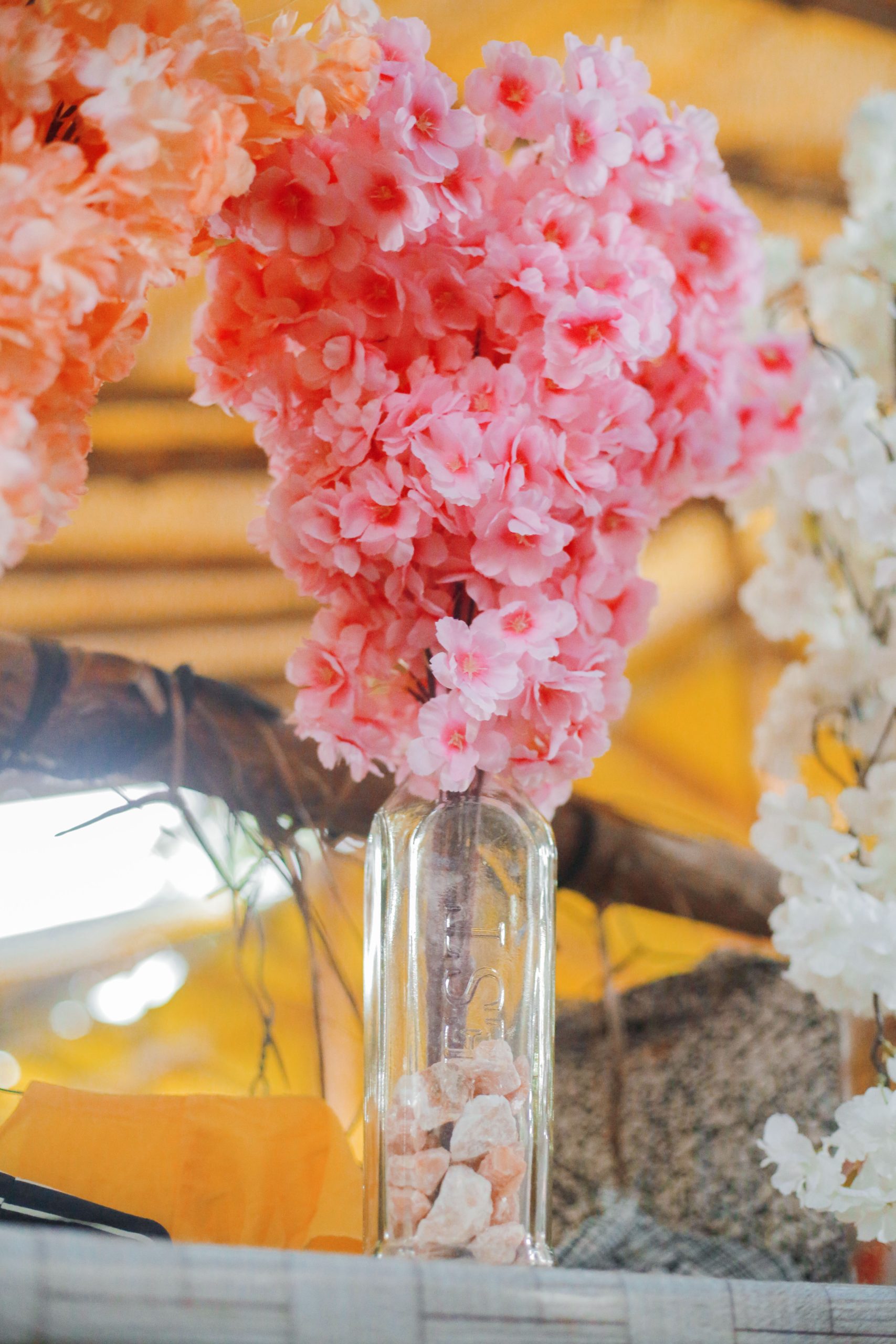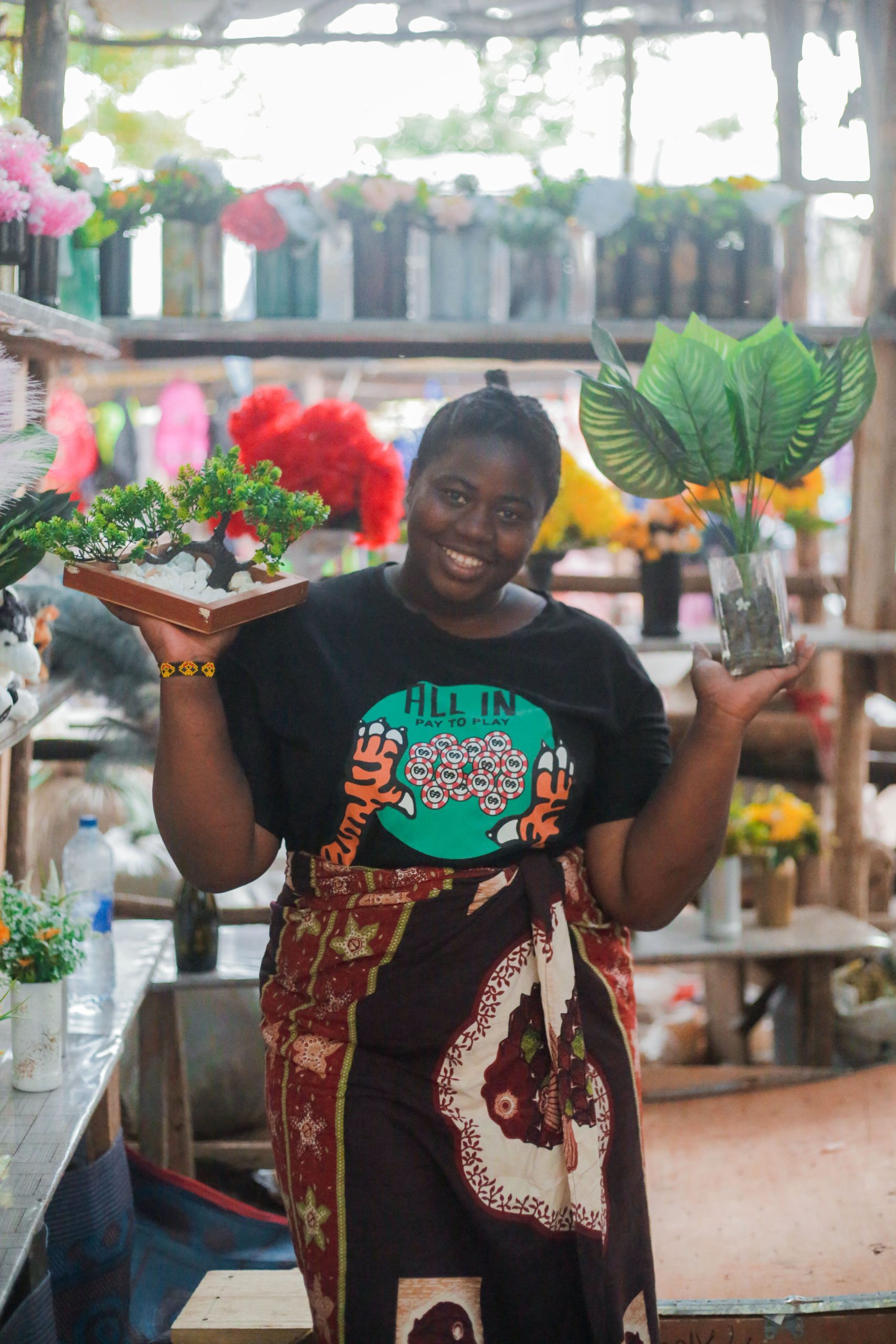In Tanga, 24-year-old Hellen Ronald Chanya is quietly reshaping her community. Through her small business, Liz Handcraft, Hellen collects discarded glass bottles from around the city and transforms them into handcrafted items. What started as a spark of inspiration from a simple social media video has grown into a project that not only addresses waste management but also supports local youth.
Hellen’s journey began when she saw a Kenyan craftsman repurposing glass bottles into everyday objects. Intrigued by the idea, she wondered if she could do something similar in Tanga. With no formal training but plenty of determination, she began experimenting with the bottles she found on the streets. Today, Liz Handcraft stands as a testament to the power of local innovation and the potential for small ideas to drive real change.
Every day, Hellen and her team collect used beverage bottles that might otherwise contribute to litter and environmental hazards. Instead of being discarded, these bottles are carefully cut, cleaned, and reimagined as useful and attractive pieces of art. The initiative not only cleans up the city but also provides a modest income for Hellen and the young people who help her gather and process the bottles.

The work isn’t without its challenges. Hellen faces hurdles such as limited access to financial resources, a lack of proper tools, and even minimal support from her family. Despite these obstacles, her commitment to environmental sustainability and community development keeps her moving forward. Each bottle repurposed is a small victory—not just for the environment, but for the community she serves.
A key aspect of Hellen’s work is its impact on local youth. By engaging young people in the collection and processing of bottles, she is creating opportunities for informal employment and skill development. In a city where job opportunities can be scarce, this hands-on involvement offers a chance for young people to earn an income and learn valuable skills, reinforcing the idea that sustainable practices and community development can go hand in hand.
Looking ahead, Hellen has a clear vision for the future. In the coming years, she hopes to expand her operation into a larger factory that could employ more local youth and contribute even more significantly to the industrial growth of Tanzania. Her plan is not only to scale up her business but also to create a model that can inspire similar community-led initiatives across the region.


Her story is a compelling example of how grassroots innovation can address multiple challenges simultaneously—environmental degradation and youth unemployment. By investing in initiatives like Liz Handcraft, supporters can help nurture projects that deliver practical benefits on the ground while laying the foundation for broader sustainable development.
Hellen Ronald Chanya’s work in Tanga serves as a reminder that meaningful change often begins at the community level. With limited resources but a strong vision and relentless determination, she is turning everyday waste into a source of opportunity and hope. Her story offers a clear message: small, local efforts can create a ripple effect, leading to cleaner cities and stronger communities.
As Hellen continues her work, there is a call for support from those who share her vision, a chance to join in an initiative that is as practical as it is inspiring.